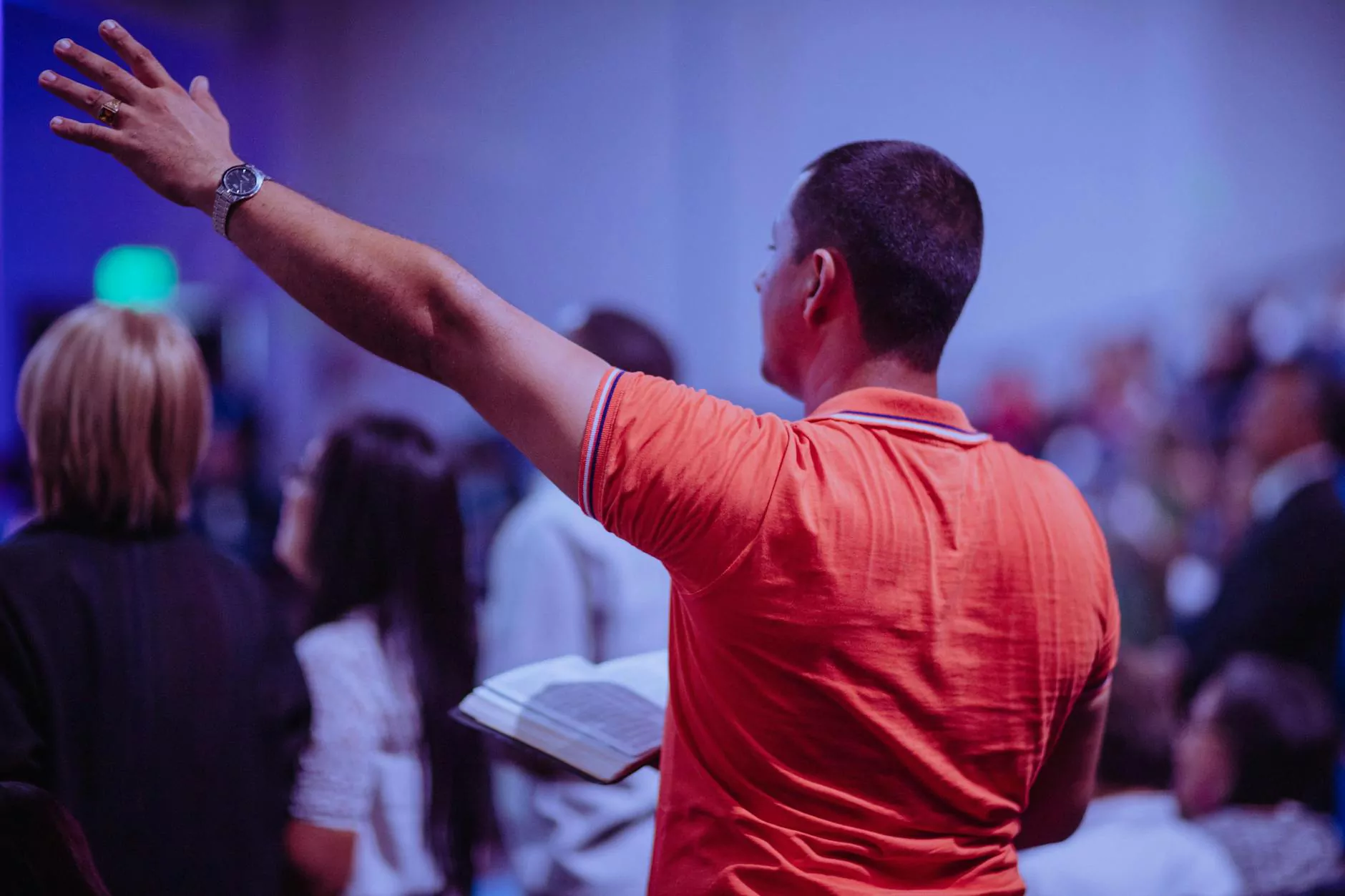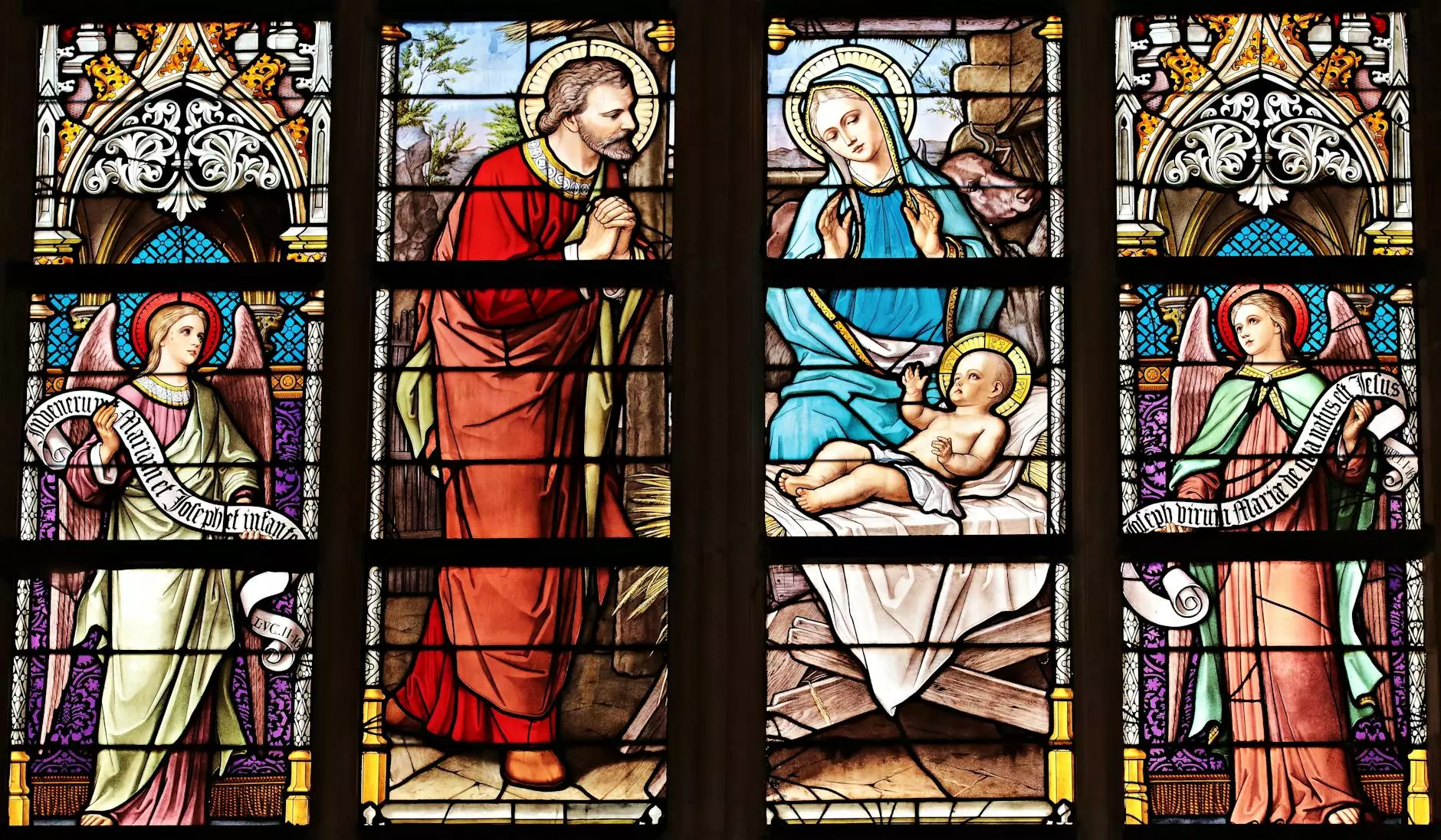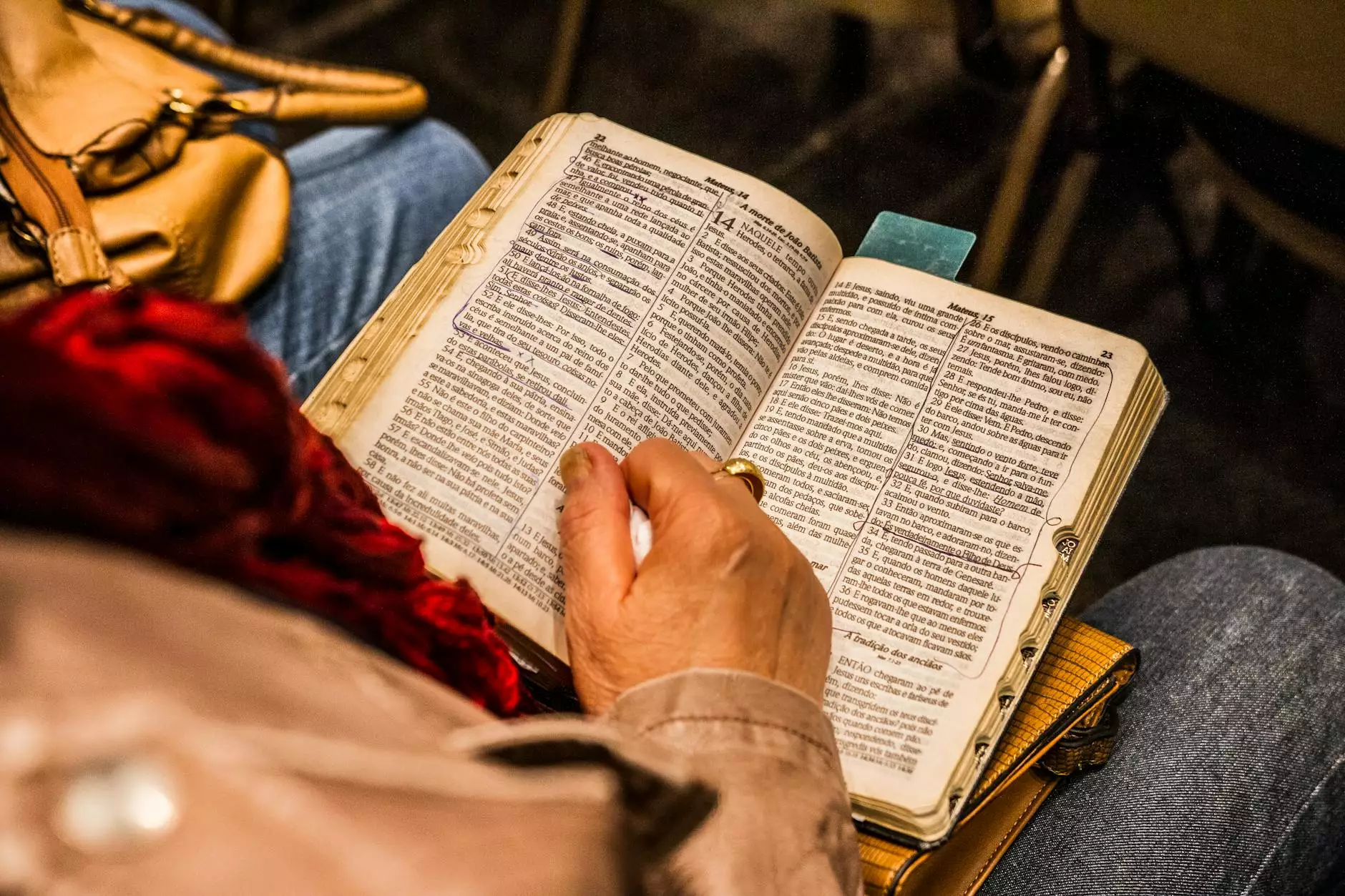Understanding Liturgical Church and Episcopal Traditions
Services
Welcome to SEOstudios, where we delve into the fascinating world of liturgical churches, particularly focusing on the Episcopal Church and its rich traditions. In this comprehensive guide, we explore what a liturgical church is, the seasons of the Episcopal Church, and why Episcopalians celebrate important events like Lent and Ash Wednesday.
What is a Liturgical Church?
A liturgical church, such as the Episcopal Church, follows a set form of worship that is rooted in ancient traditions, rituals, and sacraments. Liturgy plays a central role in the church's worship services, guiding congregants through a structured order of prayers, readings, hymns, and sacraments.
One of the defining features of a liturgical church is the observance of the Church Year, a calendar that marks various seasons and events in the life of Christ and the Christian community. This cyclical pattern of feasts, fasts, and holy days helps to shape the spiritual rhythm of the church and deepen the faith of its members.
Seasons of the Episcopal Church
The Episcopal Church, like many liturgical traditions, observes a cycle of seasons that reflect different aspects of the Christian faith. These seasons help to guide worship, prayer, and reflection throughout the year, inviting believers to journey through the life of Christ and the story of salvation.
Advent and Christmas
Advent is the season of preparation and anticipation leading up to Christmas. It is a time of waiting and watching for the coming of Christ, both in his incarnation as a baby in Bethlehem and his promised return in glory.
Christmas celebrates the birth of Jesus, the light of the world, who entered into human history to bring salvation and hope to all people. It is a season of joy, peace, and goodwill, marked by carols, nativity scenes, and worship services.
Epiphany and Lent
Epiphany follows Christmas and focuses on the revelation of Christ to the Gentiles, symbolized by the visit of the Magi. It is a season of manifestation and light, highlighting Jesus as the Savior of all nations and peoples.
Lent is a season of reflection, repentance, and renewal that prepares Christians for the celebration of Easter. It is a time of fasting, prayer, and self-examination, modeled after Jesus' 40 days in the wilderness.
Holy Week and Easter
Holy Week commemorates the events leading up to Jesus' crucifixion and resurrection. It includes Palm Sunday, Maundy Thursday, Good Friday, and Easter Vigil, culminating in the joy of Easter Sunday, when Christ triumphs over sin and death.
Easter is the central feast of the Christian faith, celebrating the resurrection of Jesus and the promise of new life for all who believe. It is a season of hope, redemption, and transformation, symbolized by the empty tomb and the risen Lord.
Pentecost and Ordinary Time
Pentecost marks the outpouring of the Holy Spirit on the early church, empowering believers to proclaim the gospel to the ends of the earth. It is a season of empowerment, inspiration, and mission, symbolized by the flames of fire and the gift of tongues.
Ordinary Time comprises the periods between the major seasons of the Church Year and focuses on the teachings and ministry of Jesus. It is a time of growth, discipleship, and service, as believers seek to live out their faith in daily life.
Why Do Episcopalians Celebrate Lent and Ash Wednesday?
Lent is the season of preparation for Easter, spanning 40 days (excluding Sundays) to mirror Jesus' time in the wilderness. It is a time of fasting, prayer, and self-denial, inviting believers to repent of their sins and turn back to God.
Ash Wednesday marks the beginning of Lent, with worshippers receiving ashes on their foreheads as a sign of penitence and mortality. The ashes are a reminder of human frailty and the need for God's grace and forgiveness.
Episcopalians, like many Christians, observe Lent as a sacred time of spiritual discipline and renewal, drawing closer to God through acts of prayer, fasting, and almsgiving. It is a season of reflection, introspection, and preparation for the joy of Easter.
In Conclusion
As you can see, the Episcopal Church and other liturgical traditions offer a rich tapestry of seasons, rituals, and traditions that deepen the worship experience and nurture the faith of believers. Whether you are new to liturgical worship or have been a lifelong member of a liturgical church, there is always something new to discover and explore in the beautiful rhythms of the Church Year.
At SEOstudios, we are passionate about sharing knowledge and insights into the world of liturgical churches and Episcopal traditions. If you have any questions or would like to learn more, feel free to reach out to us. We are here to assist you on your journey of faith discovery and spiritual growth.









